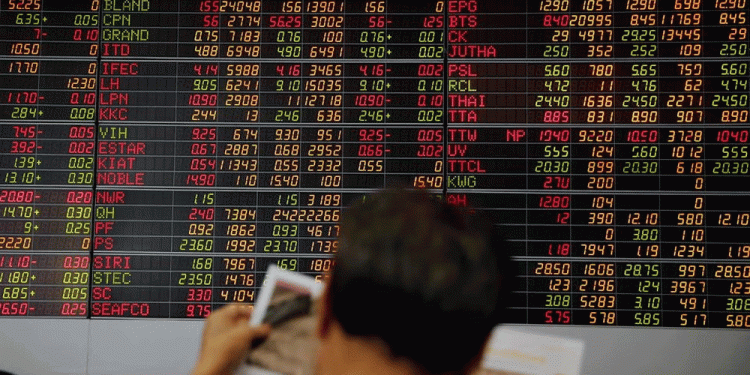Passenger-vehicle sales in China gained 7.9 percent last month as consumers purchased cars on concerns that more cities may start limiting new license plates.
Wholesale deliveries of cars, multipurpose and sport utility vehicles climbed to 1.71 million units in March, the state-backed China Association of Automobile Manufacturers said today. That compares with the 1.7 million units median estimate of three analysts surveyed by Bloomberg News.
The association last year identified eight cities that may impose car purchase restrictions. Two of the cities — Hangzhou and Tianjin — have since introduced such measures. Consumers placed orders for 70,000 vehicles in Hangzhou on the day that the eastern city imposed quotas on new license plates, according to the Passenger Car Association, which estimates that panic purchases may boost sales by 500,000 units this year.
“Since last year, there’s been fears of ownership restrictions,” said Xu Minfeng, Shanghai-based analyst at Central China Securities Holdings. “After Tianjin began restrictions, Hangzhou followed recently. So it’s a factor driving up sales.”
Total vehicle sales, including buses and trucks, climbed 6.6 percent to 2.17 million units last month.
The Passenger Car Association, a separate trade organization that tracks vehicles sales, released figures on April 8 showing retail deliveries of cars, multipurpose and sport utility vehicles climbed 9 percent to 1.59 million units last month.
Among foreign automakers, Ford Motor Co. (F) is closing in on Nissan Motor Co. (7201) and Hyundai Motor Co. after passing Toyota Motor Corp. for the first time last year.
Ford’s China deliveries surged 45 percent in the first quarter to 271,321 vehicles, about 1 percent shy of Hyundai and 4 percent fewer than Nissan, according to figures reported by the companies this month.
Toyota, the largest Japanese automaker, boosted March deliveries 19 percent to 90,400 units. General Motors Co. increased sales in China by 7.8 percent to 313,283 units, helped by demand for Buick and Cadillac vehicles.
– Bloomberg




























